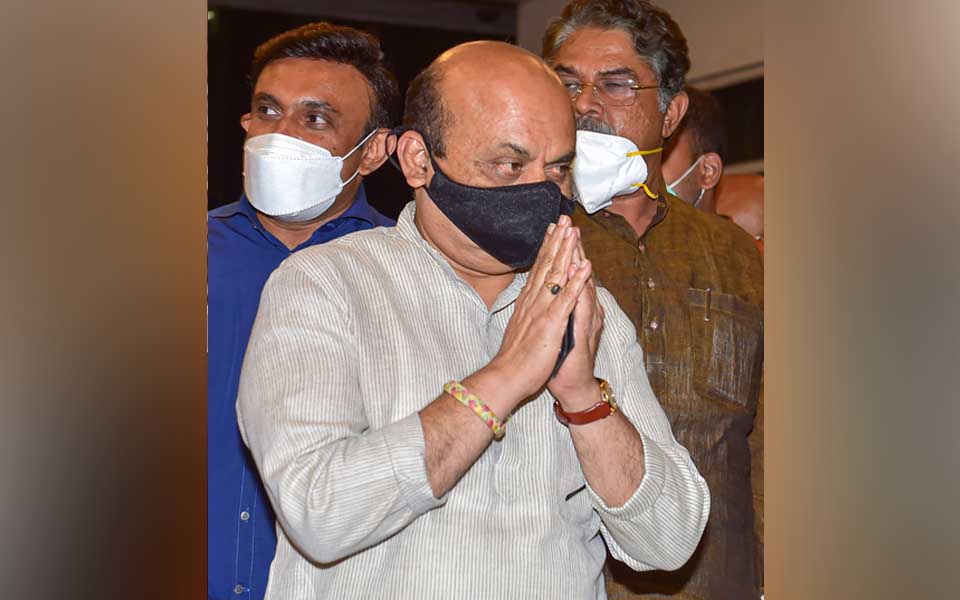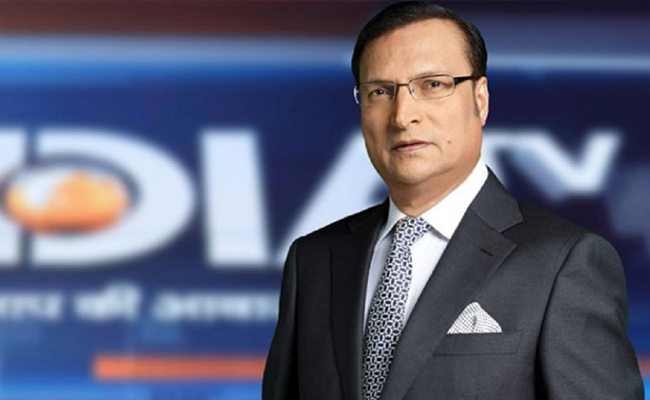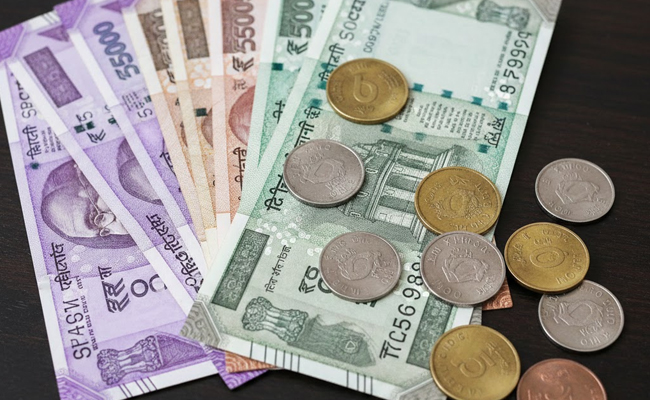Mumbai, Jul 27: When Basavaraj Bommai takes oath as Karnataka chief minister, he will be the latest in the father-son duos to occupy the CM's post.
His father Somappa Rayappa Bommai was the state chief minister during 1988 1989.
S R Bommai was the 11th chief minister of Karnataka, who served for a brief period from August 13, 1988 to April 21, 1989. As the then chief minister Ramakrishna Hegde vacated office, Bommai was elected his successor.

Another father-son duo from Karnataka had also occupied the CM's post. H D Deve Gowda was chief minister from December 1994 to May 1996 and later became the prime minister (June 1996 to April 1997). His son H D Kumaraswamy was CM across two terms.
In Tamil Nadu, DMK patriarch M Karunanidhi held the chief ministership across five terms between 1969 and 2011. His son Muthuvel Karunanidhi Stalin is the present CM, having led the party to a huge victory in the Assembly polls this year.
Andhra Pradesh Chief Minister YS Jagan Mohan Reddy is occupying the state's top post once held by his father YS Rajasekhar Reddy. YS Rajasekhara Reddy held the post across two terms, from 2004-2009. Jagan Mohan Reddy became the CM in May 2019.
Odisha CM Naveen Patnaik's father Biju Patnaik was also a chief minister of that state. Biju Patnaik held the state's top job twice, from 1961-1963 and 1990-95. Naveen Patnaik has been in office since 2000, across five terms as CM.
Arunachal Pradesh CM Pema Khandu's father Dorji Khandu, who died in a helicopter crash in 2011, was also the chief minister.
Jharkhand chief minister Hemant Soren's father Shibu Soren was also the state's chief minister. Shibu Soren was the chief minister for three terms while Hemant Soren, a second-term CM, began his current stint in December 2019.
Members of three generations of the Abdullah family have been Jammu and Kashmir chief ministers: Sheikh Abdullah, his son Farooq Abdullah and his son Omar Abdullah.
Following are the other father-son duos who became chief ministers.
Uttar Pradesh: Mulayam Singh Yadav and son Akhilesh Yadav. In the country' most populous state, Mulayam Singh Yadav was in CM's chair across three terms while Akhilesh was in office for a single term, during 2012-17.
Uttarakhand: Vijay Bahuguna, whose father Hemwati Nandan Bahuguna was chief minister of Uttar Pradesh.
Haryana: Devi Lal and his son Om Prakash Chautala
Maharashtra: Shankarrao Chavan and his son Ashok Chavan.
There is also a father-daughter duo to occupy the chief minister's chair. Mufti Mohammad Sayeed and his daughter Mehbooba Mufti were Kashmir chief ministers.
Andhra Pradesh saw N T Rama Rao and his son-in-law N Chandrababu Naidu occupying the CM's chair.
There have also been father-son duos where the father was the chief minister and the son became a deputy chief minister.
Such was the case in Bihar where Lalu Prasad Yadav was the CM and his son Tejaswi Yadav later became the Deputy CM.
In Punjab, Prakash Singh Badal was the CM and his son Sukhbir Singh Badal became the Deputy CM.
Let the Truth be known. If you read VB and like VB, please be a VB Supporter and Help us deliver the Truth to one and all.
Noida: India TV editor-in-chief Rajat Sharma has drawn sharp criticism on social media following remarks he made on air attributing Delhi’s air pollution partly to its geographical location and the Aravalli hill range.
Speaking during a recent episode of his prime-time show Aaj Ki Baat, Sharma said Delhi’s geography plays a major role in trapping polluted air.
“Geographical location is the main reason. Delhi is a big city and its shape is like a bowl, surrounded by the Aravalli hills on three sides. As a result, polluted air gets trapped and cannot disperse easily. Therefore, the problem of pollution in Delhi cannot be solved in one year or in any particular season,” he said.
His comments came amid a severe deterioration in air quality in the national capital. On Sunday morning, December 21, Delhi woke up to a thick blanket of toxic smog, sharply reducing visibility and causing widespread discomfort. The overall Air Quality Index (AQI) stood at 390 around 7 a.m., placing it in the ‘very poor’ category, according to data from the Central Pollution Control Board (CPCB).
Dense fog and smog also disrupted flight operations at Delhi’s Indira Gandhi International Airport (IGIA). As many as 110 flights were cancelled, while over 370 flights were delayed due to poor visibility. Of the cancelled services, 59 were arriving flights and 51 were departures. Flight-tracking website Flightradar24 showed that departing flights faced an average delay of around 26 minutes.
Netizens troll Sharma
One user wrote on X, “Rajat Sharma is saying due to the Aravalli hills, there is air pollution in Delhi. He is defending mining and destroying the Aravalli hills like this. How can these people call themselves journalists?”
Another user accused him of political hypocrisy, comparing his earlier criticism of the Delhi government with his current remarks, and wrote, “In 2023 he blamed Arvind Kejriwal for Delhi air pollution. In 2025, he is blaming the Aravalli hills because BJP is in power. Hypocrisy = 100%, Journalism = 00%.”
Others termed the comments an example of the “godi media” narrative, alleging that geography was being blamed instead of governance, industrial emissions, vehicular pollution, construction dust, and stubble burning. “When they fail to question power or policy, they conveniently shift the blame to nature,” another post read.
“Friends, what can one even say about today’s godi media? According to them, the reason for Delhi’s pollution is that the Aravalli hills surround the city from three sides, trapping polluted air inside. Seriously? So now Sudhir Chaudhary and Rajat Sharma want us to believe that nature itself is to blame? When they fail to question power or policy, they conveniently shift the blame to geography. Apparently, it’s not years of environmental destruction or administrative failure—it’s the Aravalli hills! Does this explanation make any sense at all?,” wrote another.
What is the Aravali issue?
The controversy arises over the Union government’s revised definition of what constitutes the Aravalli hills.
The decision has drawn protests involving environmental activists across Haryana, Rajasthan, and parts of the Delhi-NCR region, who have raised concerns that the new definition could weaken protection for one of the world’s oldest mountain ranges.
Under the revised definition, an “Aravalli hill” is described as any landform in designated Aravalli districts with an elevation of 100 metres or more above local relief, while an “Aravalli range” is defined as a cluster of two or more such hills within 500 metres of each other. Activists fear this could open the door for mining, construction, and commercial activities in previously protected areas.
Environmentalists argue that the Aravalli range serves as a natural barrier against desertification, dust storms, and pollution, and plays a vital role in maintaining ecological balance in the Delhi-NCR region.
They have demanded that the entire Aravalli range be declared a fully protected area with strict conservation measures.
Meanwhile, Union Environment Minister Bhupender Yadav has stated that the new definition, accepted by the Supreme Court based on a Centre-led panel’s recommendations, would not result in any relaxation of mining norms in the Aravalli region.
Rajat Sharma is saying due to Aravalli hills there is Air pollution in Delhi. He is defending mining & destroying Aravalli hills like this
— Veena Jain (@Vtxt21) December 21, 2025
How can these people call themselves Journalists even after doing such things 🤮
pic.twitter.com/osgDAYl6Nb
🚨 2023 : Rajat Sharma was blaming Arvind Kejriwal for delhi air pollution
— Amock_ (@Amockx2022) December 21, 2025
🚨 2025 : He is blaming Aravalli Hills for delhi air pollution because BJP is in govt
Hypocrisy = 100%, Journalism = 00% 🤣 pic.twitter.com/EHCrAmAfGY
Friends, what can one even say about today’s godi media? According to them, the reason for Delhi’s pollution is that the Aravalli hills surround the city from three sides, trapping polluted air inside. Seriously? So now Sudhir Chaudhary and Rajat Sharma want us to believe that…
— The indian guy (@Ab60307) December 20, 2025





